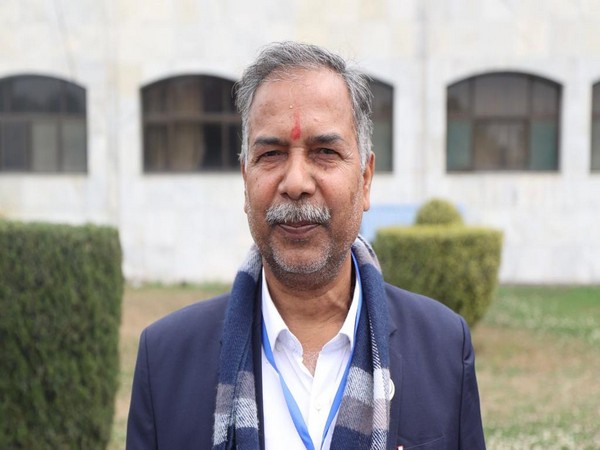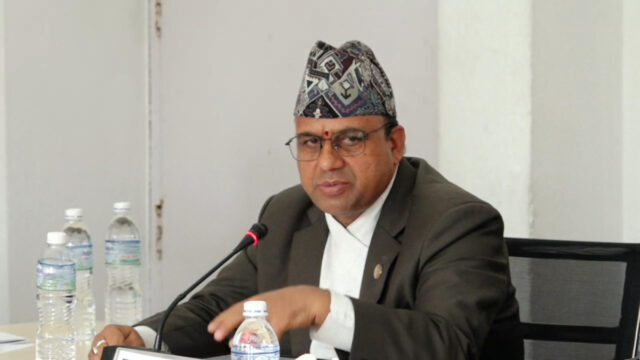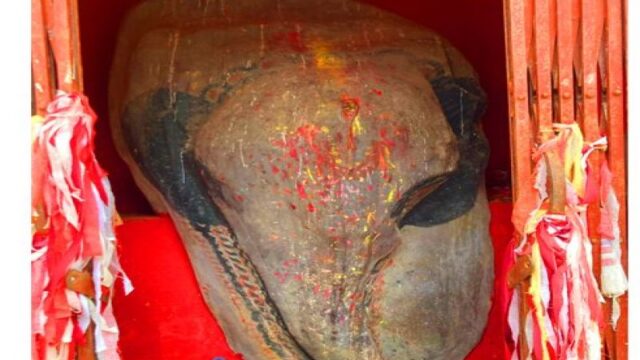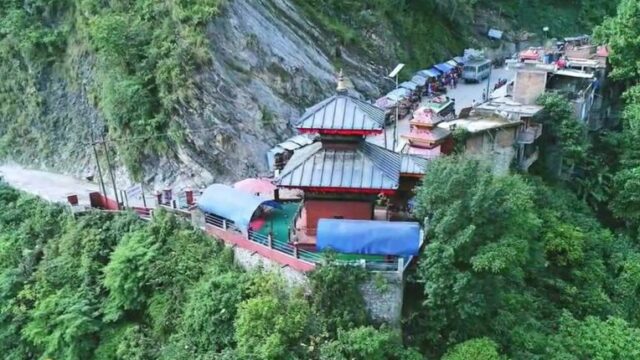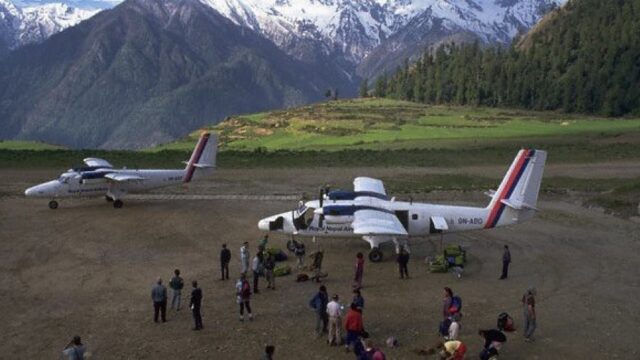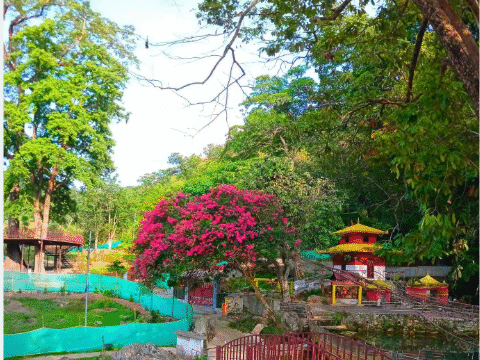Vice President Ram Sahaya Prasad Yadav emphasized the spiritual and cultural importance of Nepal’s festivals, stating that they foster spiritual reflection and emotional growth. His remarks were made while extending best wishes on the occasion of Kumari Indrajatra, Vishwakarma Puja, and Anant Chaturdashi.
In his message, Vice President Yadav highlighted how festivals and religious ceremonies contribute to promoting harmony, brotherhood, love, and respect among people. He noted that these traditional festivals, while celebrated under different names across various regions and communities, share a common goal of inspiring unity, compassion, and mutual respect.
“These festivals, rich in Nepal’s unique identity, not only promote purity in thought, word, and deed but also serve to bind the nation together in unity, strengthening national integrity, sovereignty, and patriotism,” Vice President Yadav expressed, extending his heartfelt wishes to all.
Indrajatra, celebrated with great enthusiasm in the Kathmandu Valley and across the country, venerates the God of rain and prosperity, Indra, along with living Goddess Kumari, Lord Ganesh, Bhairav, Goddess Laxmi, and Lord Vishnu. The tradition of raising the ceremonial pole (lingo) and worshiping the living Goddess Kumari are unique elements of Nepal’s cultural heritage.
Similarly, on the occasion of Vishwakarma Jayanti, artisans, industrialists, and vehicle owners worship Lord Vishwakarma, the deity of architecture, craftsmanship, tools, and vehicles, in devotion and reverence. The day is celebrated with prayers for prosperity in construction, craftsmanship, and the arts.
In the Terai-Madhesh region, Anant Chaturdashi is observed with rituals dedicated to Goddess Lakshmi and Lord Vishnu. Devotees tie a sacred thread with 14 knots, symbolizing Lord Vishnu’s infinite form, as part of the tradition.
These festivals reflect Nepal’s rich cultural and spiritual diversity, fostering unity and goodwill across different regions and communities.
